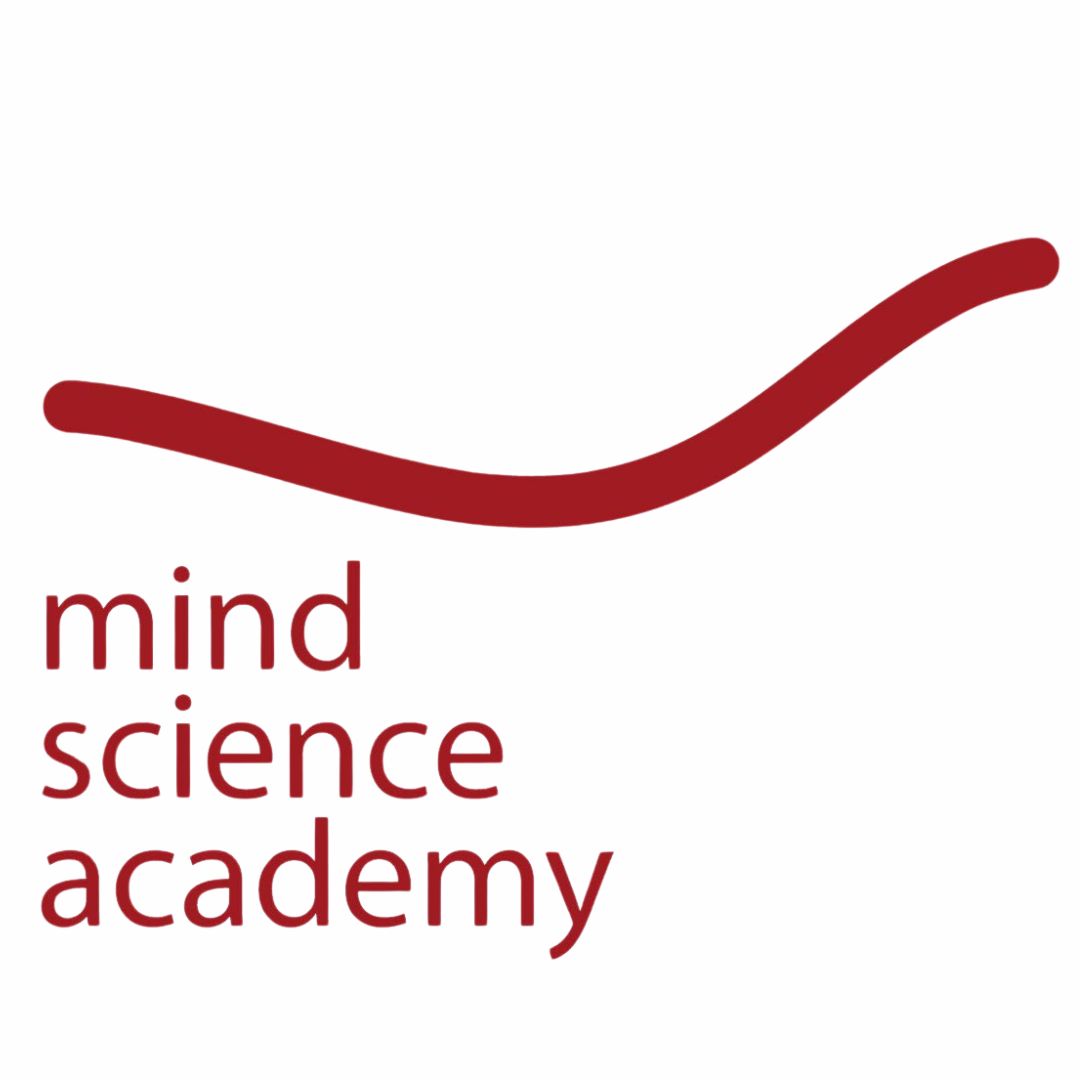Professor Donald Hoffman was pleased to participate with MindScience Academy in exploring this theme for the February 2024 Focus On. His presentation, which took place during the The MindScience of Reality Symposium organized by the Lama Tsongkhapa Institute and the University of Pisa, effectively elucidates the question posed in the title in an accessible manner. He found it a useful way to stimulate reflection.
Donald Hoffman presents a theory of perception as an interface: accurate perceptions are never more adaptive than inaccurate ones, which are simply tuned to the most relevant adaptive functions. This implies that perception is not a window onto reality but is more likely comparable to an interface on a computer screen. Space-time is the desktop, and physical objects are simply icons on the desktop. Space-time is not the pre-existing stage upon which the theatrical spectacle of life unfolds. It is simply a type of data format manipulated by our species. Objects in space-time, including neurons and the brain, do not exist when they are not perceived.
Donald Hoffman received a PhD in Computational Psychology from MIT, and is a Professor Emeritus of Cognitive Sciences at the University of California, Irvine. He is an author of over 100 scientific papers and three books, including The Case Against Reality: Why Evolution Hid the Truth from Our Eyes (2019), and Visual intelligence: How we create what we see (1998). He received a Distinguished Scientific Award of the American Psychological Association for early career research, the Rustum Roy Award of the Chopra Foundation, and the Troland Research Award of the US National Academy of Sciences. His writing has appeared in Scientific American, New Scientist, LA Review of Books, and Edge, and his work has been featured in Wired, Quanta, The Atlantic, Ars Technica, National Public Radio, Discover Magazine, and Through the Wormhole with Morgan Freeman. He has a TED Talk titled Do we see reality as it is?
@donalddhoffman


